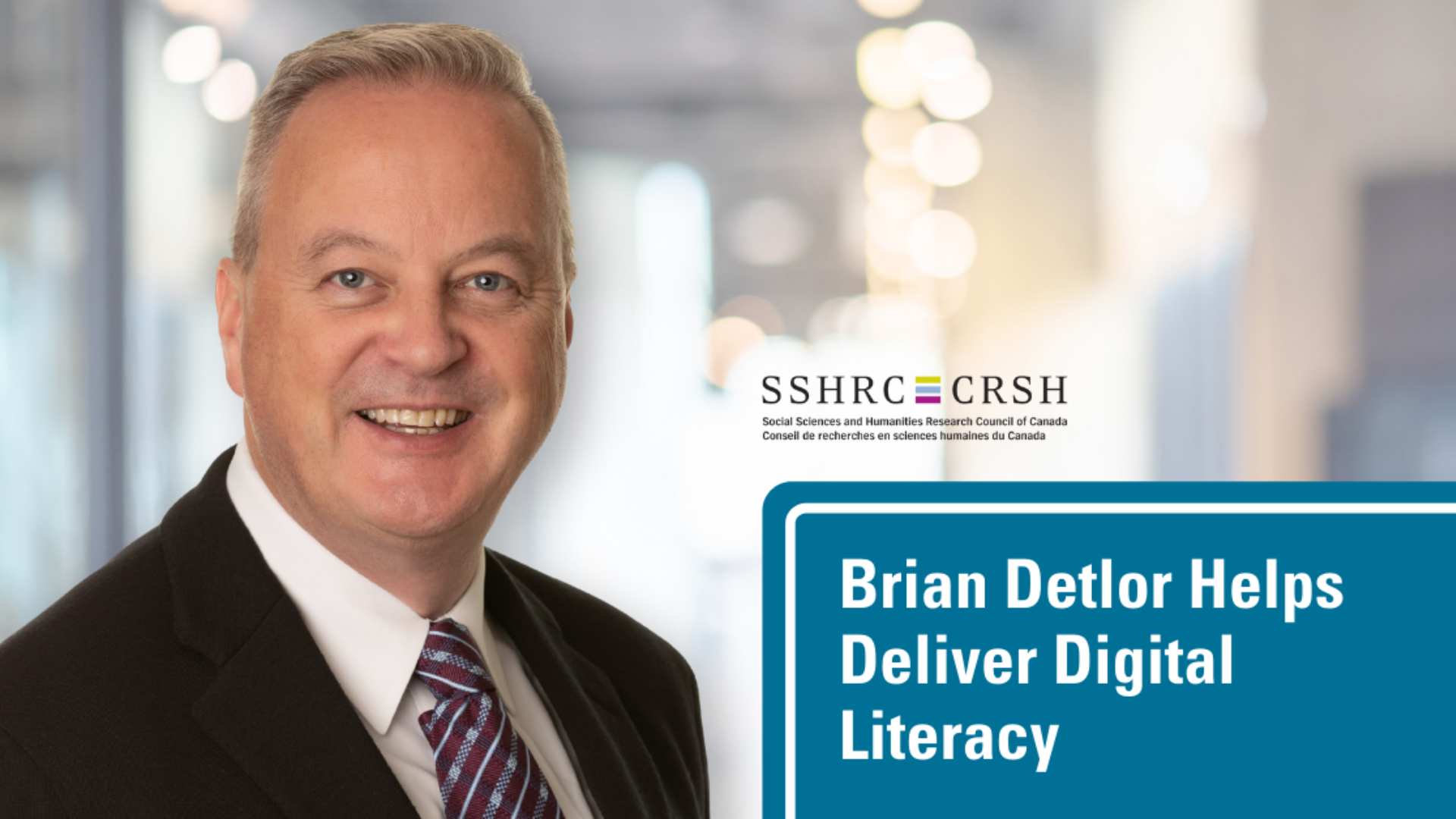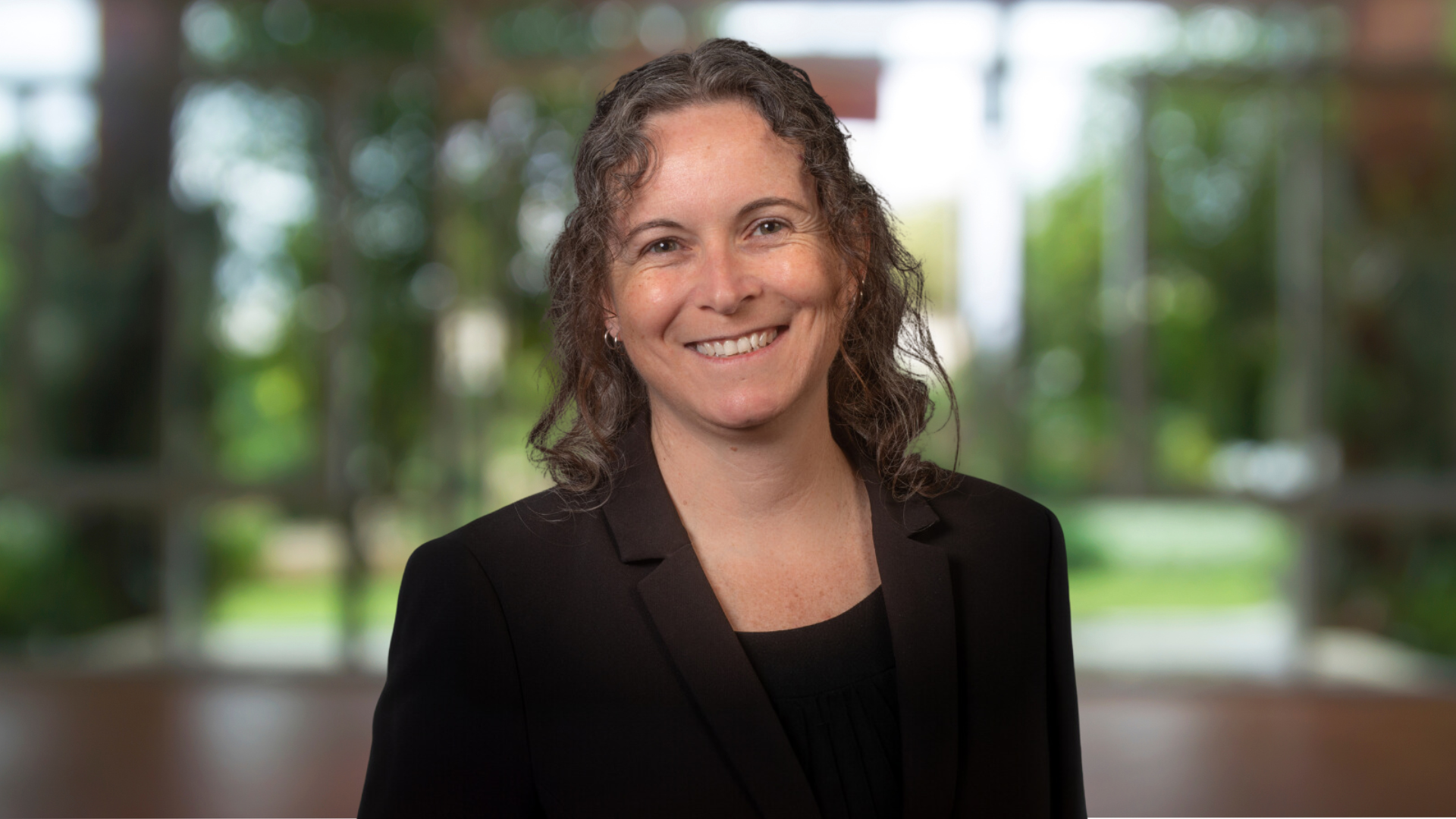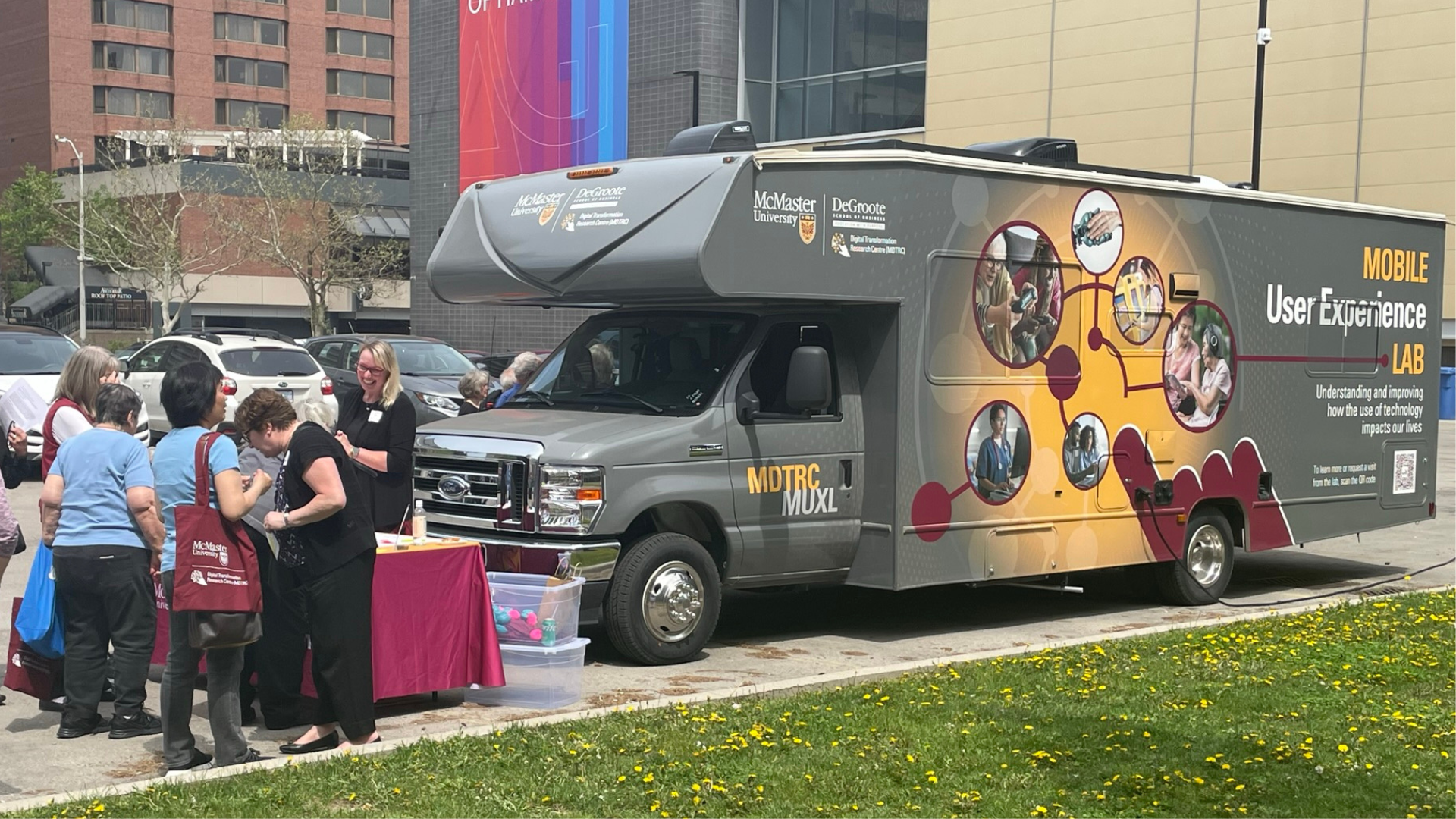Brian Detlor Helps Deliver Digital Literacy
January 5, 2022 ·
Contributed by: Izabela Shubair, DeGroote Writer
Share

From communicating with loved ones via social media platforms to filling out tax forms and navigating virtual classes, digital literacy keeps us more connected and better informed. It also enriches lives. As COVID-19 solidifies the importance of digital literacy, it also amplifies pre-existing inequalities to accessing meaningful literacy learning opportunities. That’s where DeGroote Information System Professor Brian Detlor’s current research comes in. With research interests that lie at the intersection of users, information, and information systems, this Social Sciences and Humanities Research Council (SSHRC) grant recipient is investigating the efficacy of digital literacy training programs offered by local community organizations across Canada.
“The digital world has a big impact on how you survive, play, and thrive in today’s society,” says Detlor, who has taught at DeGroote for 21 years. “There is a major gap in formal digital literacy training in Canada, especially for people who are disadvantaged or marginalized, troubled youth, older adults, and newcomers. We want to understand what factors into, and what impedes, the success of community-based digital literacy training programs. The other part is looking at how to share knowledge, best practices, and innovations between those who deliver training. Hopefully, we can make a difference in people’s lives.”
Research with Social Impact
With a passion for helping to solve social problems, Detlor is an ideal candidate for SSHRC grants, which recognize research excellence in the social sciences and humanities. These grants support long-term research initiatives that are central to advancing knowledge, addressing complex issues pertaining to individuals and societies, and to furthering collective understanding.
To begin to investigate how community-based organizations can best deliver digital literacy initiatives to the people they serve, Detlor recently conducted case studies of two public libraries and five community organizations in the Greater Toronto and Hamilton Area. His data collection included one-on-one interviews with administrators, instructors, and people who received training; analyzing training documents; observing training sessions; and surveying clients who participated in these training sessions. He identified a variety of factors that shape digital literacy training success, including organizing and training staff, acquiring sustainable funding, reaching marginalized populations and sharing best practices.
Detlor then explored how these factors interrelate and how they differ between various types of end-users and local community organizations. The findings allowed Detlor to make recommendations for running successful community-based digital literacy training programs.
“What surprised me during this phase of the research was the community interest,” says Detlor. “For example, when we ran a one-day digital literacy summit in Hamilton a couple years ago, about 95 people from local community organizations showed up. A lot of community work is being done in this area, and there was great excitement in exchanging information. We saw the need for this research.”
Going Global
The factors Detlor identified in Phase 1 will guide the development of several surveys that will be administered to public libraries across Canada next year. Detlor hopes to gain a national picture of digital literacy initiatives public libraries offer. This, he says, will help him to better understand how organizational and end-user considerations surrounding these initiatives impact training success.
“I think it will be a powerful assessment to even see where we are and what areas we need to focus on,” Detlor says. “By broadening the scope across Canada, we will also learn if it’s a systemic issue or concern.”
To take his research even further, Detlor is looking to a SSHRC Partnership Grant that would allow him to collaborate with researchers in countries such as Finland, the U.S., and the U.K. That research would compare international studies on the efficacy of community-led digital literacy training programs to create knowledge networks.
“There are great examples of community organizations with unique ideas, and we want to capitalize on the knowledge sharing,” says Detlor. “For example, Hamilton Public Library wants to roll-out a mobile digital literacy trailer that would go to people. That would allow the library to reach places such as retirement residences. Residents in such facilities may not be able to travel offsite, so digital literacy training would come to them. ”
Detlor’s prior research projects have investigated topics such as information literacy in business schools, digital storytelling, web information seeking, knowledge management, and the adoption and use of information systems.
[dsb_author_profiles]
















My favourite professor during my studies.